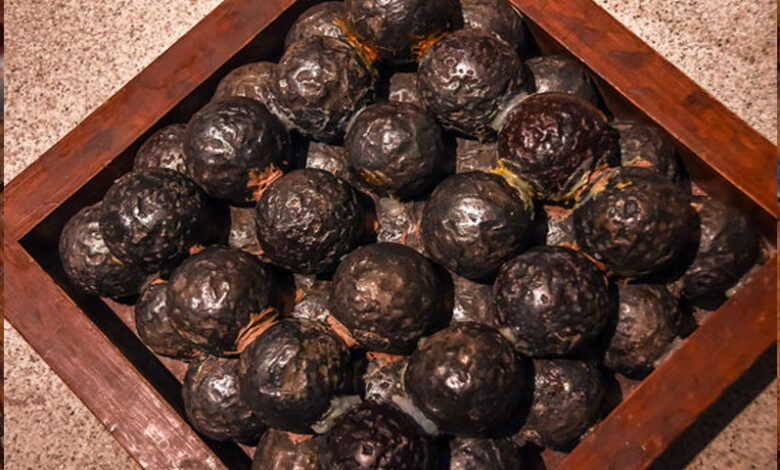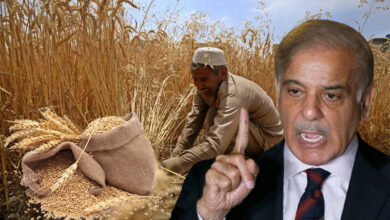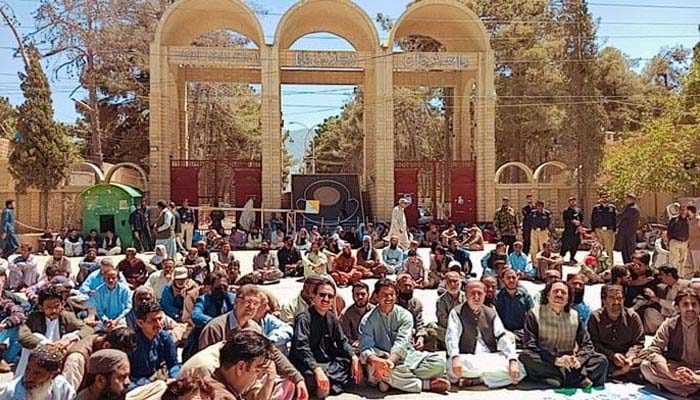Afghan Border Village in Pakistan Turns to Opium for Survival Amid Harsh Winters and Lack of Facilities

Brogul,Khyber Pakhtunkhwa:In the remote village of **Brogul**, located in the northernmost part of **Khyber Pakhtunkhwa**, a centuries-old tradition continues despite the passage of time. Every winter, when temperatures plummet to sub-zero levels, villagers gather around to indulge in **opium smoking** sessions — a practice they believe helps them survive the harsh cold and serves as a remedy for a variety of ailments. This has become a cultural norm for the people of the **Wakhi** ethnic group, who call the area home.
### Opium: A Traditional Remedy or Addiction?
The village of **Brogul**, nestled near the **Pak-Afghan** border in the **Upper Chitral** district, faces severe **geographical isolation**. Residents rely on **opium** not just for recreational use, but also as a **medicinal** remedy. The extreme winter months, when the temperature drops to minus 15°C, lead to a complete halt in external activities, and people are confined to their homes. For many, opium is a way to **cope with the cold**, as well as an “all-purpose cure” for conditions ranging from **cough** to **chest infections**.
### A Life of Hardship and Limited Access to Healthcare
Brogul, situated at an altitude of over **12,800 feet**, is **cut off** from the rest of the world during the winter. The village has no roads, electricity, or healthcare facilities. According to **Omar Rafi**, a local council member, the absence of basic healthcare infrastructure leaves villagers with little choice but to rely on traditional and **alternative remedies** like opium. The only **government dispensary** in the area is often **unmanned**, and in the event of a **severe medical emergency**, it can take **days** to reach a proper healthcare facility.
Rafi explains that in Brogul, opium is used as a **palliative** treatment for a wide range of conditions, especially respiratory illnesses. Children suffering from colds or chest congestion are treated by having **opium smoke** blown over their faces, a practice passed down through generations.
### Economic Pressures and the Opium Trade
In addition to its medicinal use, opium has become an **economic commodity** in Brogul. Residents, especially those who own **yak** (a type of cattle), are heavily involved in opium trade. While **yak farming** is a key source of income for the villagers, much of the revenue is spent on purchasing opium for the long winters.
Some individuals even prefer working for wages in exchange for opium rather than cash. According to one local, **Ahmad Khan**, many young men in the area are **addicted** to opium because their families used it during their childhood. As opium has become ingrained in the social fabric of the community, breaking free from its grip is incredibly challenging.
### Smuggling from Afghanistan: A Growing Concern
Brogul’s proximity to the **Afghan border** has made it a hotspot for **opium smuggling**. Although recent efforts by Afghan authorities have reduced the flow of illegal opium into Pakistan, it is still smuggled through **Chitral** and then to **Brogul**. Local authorities suggest that this illegal trade is facilitated by **corruption** among border security personnel, who trade opium for cheap livestock.
Despite the **increased cost** of opium, with the price rising from **1,000 rupees per gram** to over **10,000 rupees** in recent years, its consumption remains widespread due to the **lack of alternatives**.
### The Struggle to Break Free from Addiction
Efforts to reduce opium use in Brogul have not been successful. In 2004, the **Aga Khan Health Service** initiated a **rehabilitation program** for opium addicts, but **80%** of participants relapsed after completing the program. **Omar Rafi** suggests that tackling the issue of addiction requires more than just medical intervention. He advocates for **tourism development** in the region as a potential solution. By attracting tourists, Brogul could create economic opportunities that would reduce the community’s reliance on opium.
With **no proper healthcare**, **economic alternatives**, or **social opportunities**, the people of Brogul remain trapped in a cycle of **poverty** and **addiction**, relying on opium to survive the harsh conditions of one of Pakistan’s most isolated regions.
### A Call for Government Intervention
Locals agree that **government attention** is desperately needed in the region. There is an urgent need for **infrastructure development**, **healthcare facilities**, and **alternative livelihoods** to help lift the community out of its dependence on opium. With **winter tourism** and **job creation** as potential solutions, there is hope that the future may hold a way out for Brogul and its people. However, for now, the villagers continue to rely on **traditional practices** as a means of survival, even if it means paying the price with their health.






